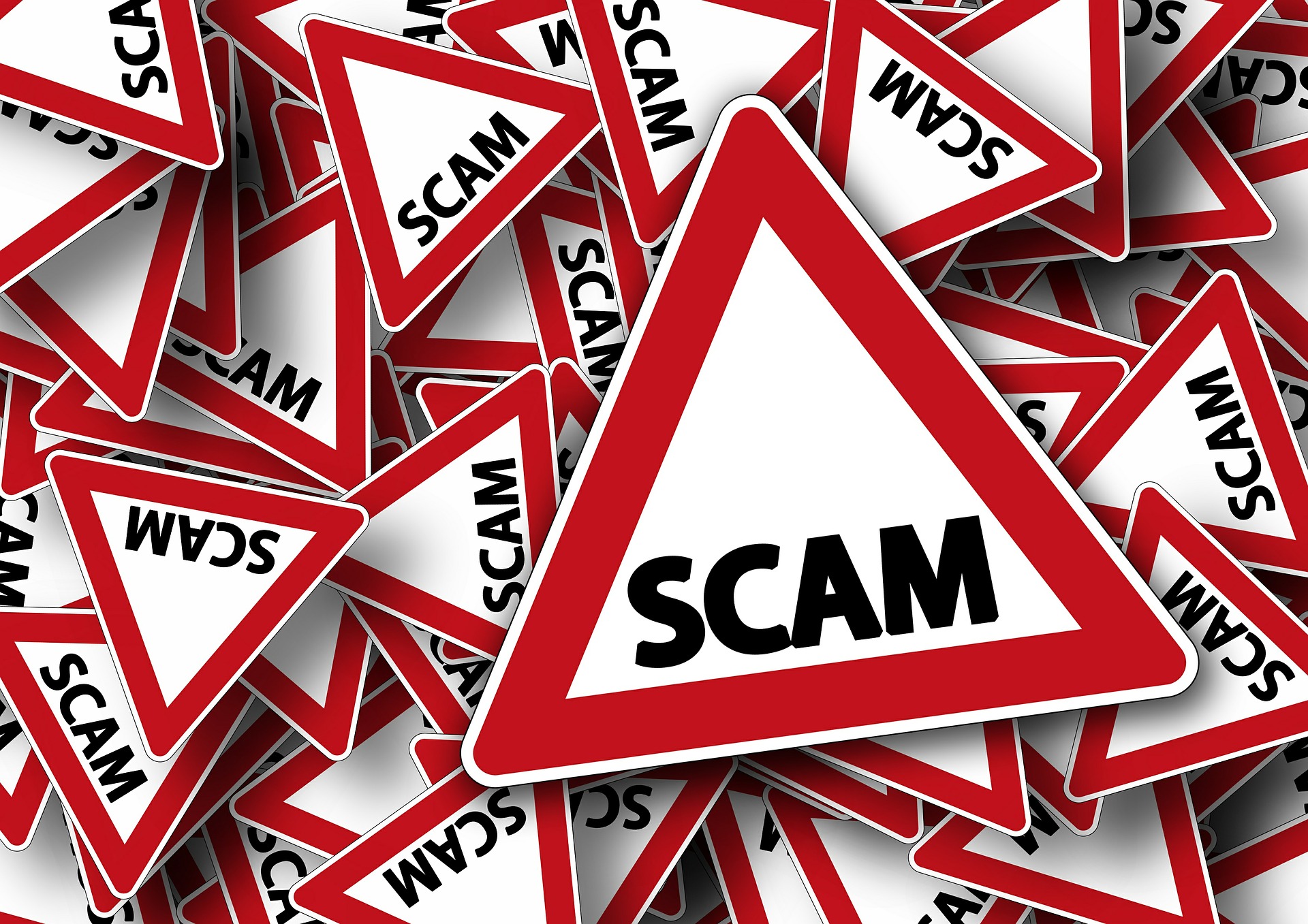The Saskatchewan Financial and Consumer Affairs Authority has put out a warning about some common scams that target seniors.
The FCAA says they’ve seen some cases where seniors have lost money by giving out banking or credit information to fraudsters, or in some cases, dishonest family members and associates. This has prompted a warning about several common scams, and what to do to combat them.
Among these scams are the Gift Card Scam, where a scammer pretends to be an agent of the Canadian Revenue Agency and threatens the person that they owe money, which can be paid with gift cards. The FCAA says the CRA does not ask for money like this.
Other scams of this nature include the Sweepstakes Scam, which promises a cash prize that needs the person to send money or their credit information to retrieve, and the Grandparents Scam, which sees a scammer call the senior pretending to be a relative who is in trouble and needs money wired to them.
Fake investment scams, offers to send someone’s money “offshore” to avoid taxes and free trials that sign seniors up for a long term financial obligation have also been reported. Often times in the scenarios, the culprit will use a high-pressure sales tactic to force the senior to send money.
To help seniors fight these scams, the FCAA recommends being wary of people asking for money or financial information, offers that seem to be too good to be true and being asked to keep the information a secret. They also should watch for emails from people they don’t know, and not open any attachments inside.
Family members and caregivers are encouraged to keep an eye out for strange financial transactions, seniors withdrawing large sums of money or other unusual behaviour, and suspicious signatures or signing authority changes.
Other common scams and signs to watch out for are on the FCAA website. If someone believes they or a loved one could be the victim of a scam, they can call the Financial and Consumer Affairs Authority, their local police detachment or the Canadian Anti Fraud Centre.




